Personal Bookshelves
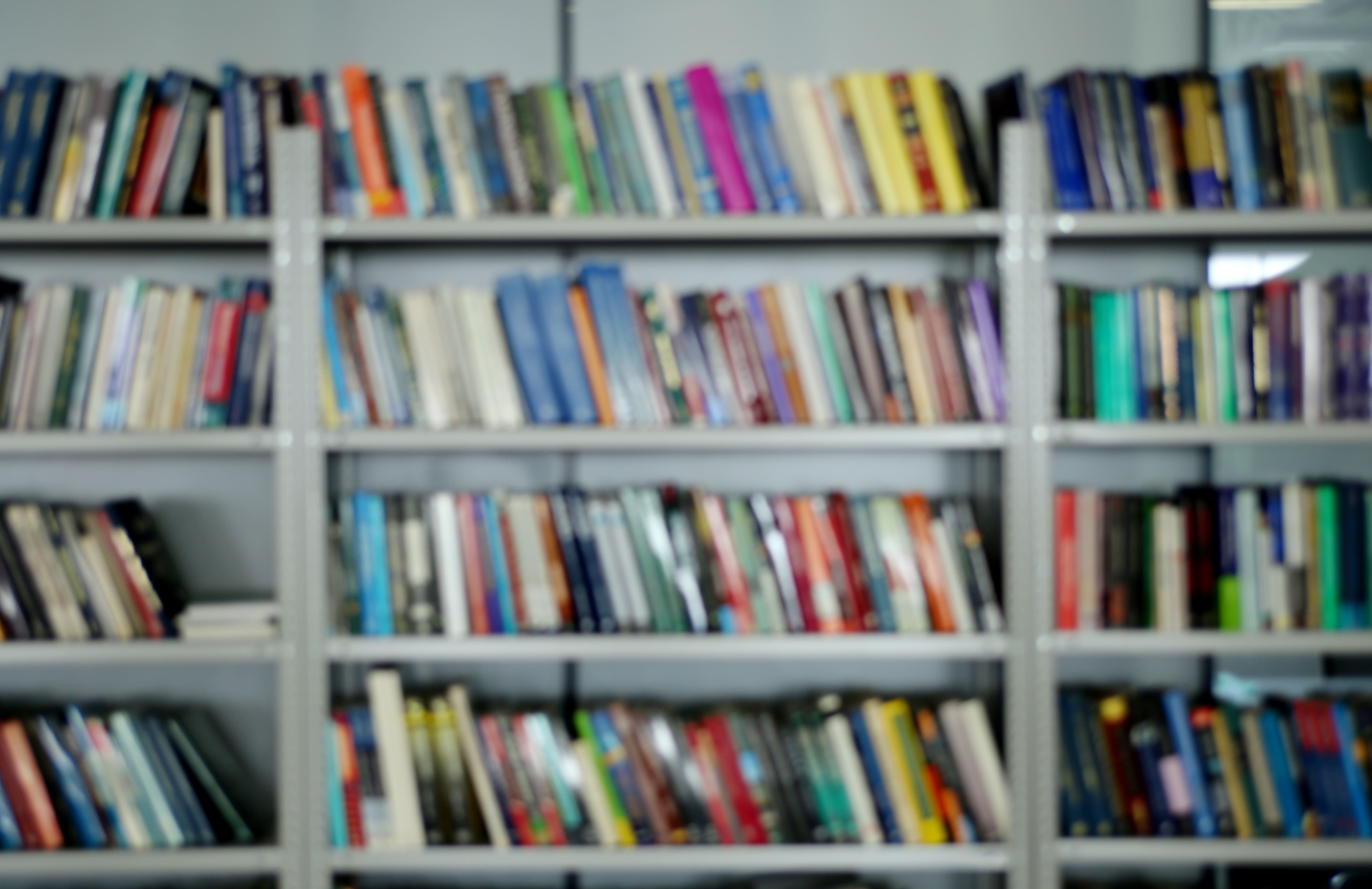
Reading List: Why Culture Matters?
Economists are increasingly turning to culture and history when trying to explain economic processes of our time. This does not mean that they completely abandon their usual instruments, theories and concepts (like market, equilibrium, individual behavior to maximize utility), rather new approaches come into play in combination with the traditional ones, Maxim Ananyev, a Research Fellow at the Melbourne Institute of Applied Economic and Social Research and NES graduate, says. He suggests three books that describe this cultural turn in the social sciences.
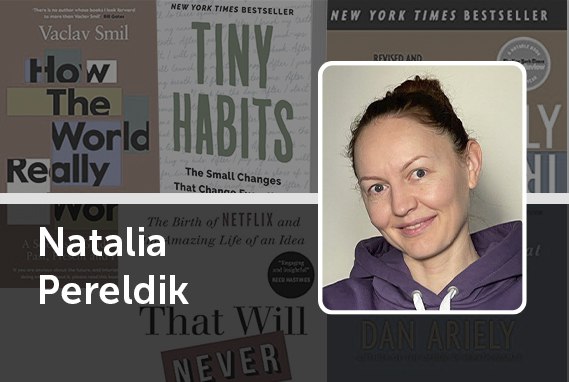
Reading List: What You Need to Know about Yourself to Be Successful
NES graduate and co-founder and director of Funexpected Math, Natalia Pereldik, shares the list of her favorite books about psychology, achieving success (let's start with useful habits), working with facts, and the origins of great companies.

Reading List: Books that Teach in a New Way
Head of the Olympiad department of the Uchi.ru educational website and NES graduate Gayane Simonyan shares a selection of books that help people develop, learn and teach others. Gayane herself is currently studying at the MIT Sloan School of Management.
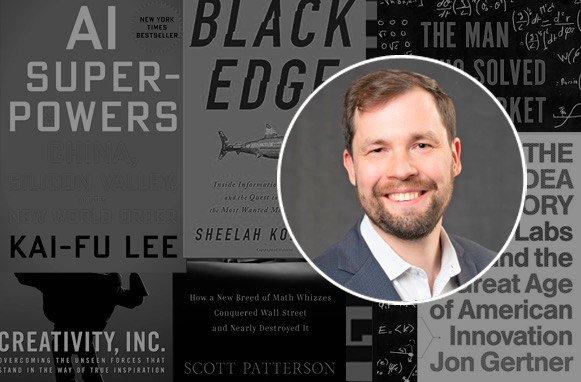
Reading List: Book Recommendations from Dmitriy Muravyev
Dmitriy Muravyev, a professor at the University of Michigan and NES graduate, prefers books about humans rather than about models. His library contains volumes about the people who created the modern world of finance. Dmitriy also shared a list of his favorite podcasts.
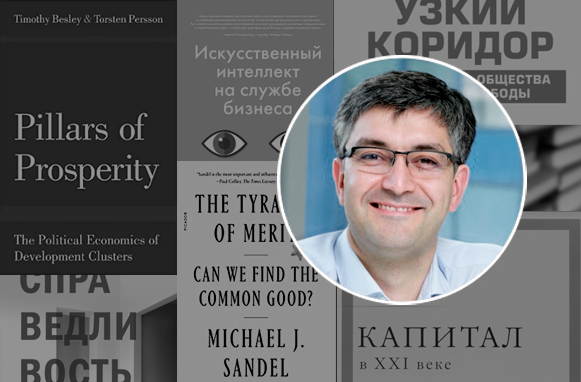
Reading List: Book Recommendations from Ruben Enikolopov
In his library, NES rector Ruben Enikolopov has books about the most fundamental economic problems. How a society can find its path to prosperity, how we can enable all the people instead of just the most successful group move along this path, how we can help those who do deserve to be in this group but for some reason fall out? How to make technology work for the prosperity of society instead of the new ruling class, and to return the true essence of capitalism?
Ruben shares four selections of books each having a series of works arranged in such a way that the readers move from one to the other, asking themselves difficult questions and trying to find their own answers.
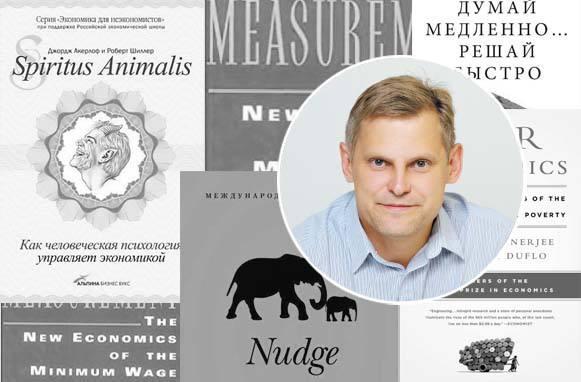
Reading List: Book Recommendations from Evgeny Yakovlev
International bestsellers in one of the most interesting areas of economic thought, behavioral economics (and more) were chosen by NES Professor Evgeny Yakovlev for his bookshelf. Is it possible to find the roots of crises in human nature and our irrationality? How to encourage people to make the right choice, giving them the freedom of choice? How can we learn to make the right decisions? These are the research areas of the most stellar economists of our time, including some Nobel Prize winners. They write about them in simple and fascinating language. The selection also includes books about ways to fight poverty and find cause and effect relationships – the key task of any research.
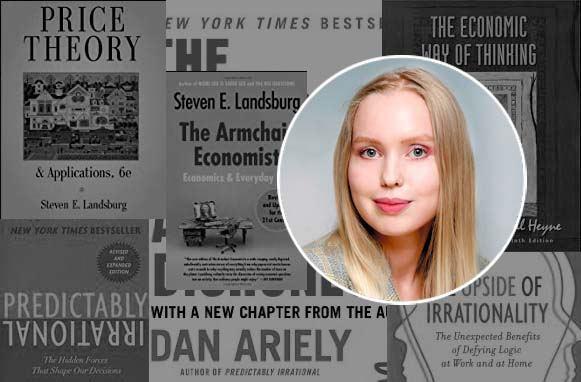
Reading List: Book Recommendations from Anna Schetkina
Anna Schetkina, NES graduate and PhD student at the Wharton School of the University of Pennsylvania, presents her favorite books on economics. They are as close to real life as possible, since Anna’s professional interests are in the field of marketing. The books she discusses are about people and their irrationality, as well as about finding a rational explanation for the strangest behavior. They are written vividly, describe real-life situations, and have stories about marketing tools and the most fascinating psychological experiments. Anna also suggests a book that can teach you to think like an economist. And after reading it, perhaps, you will not want to think in any other way.
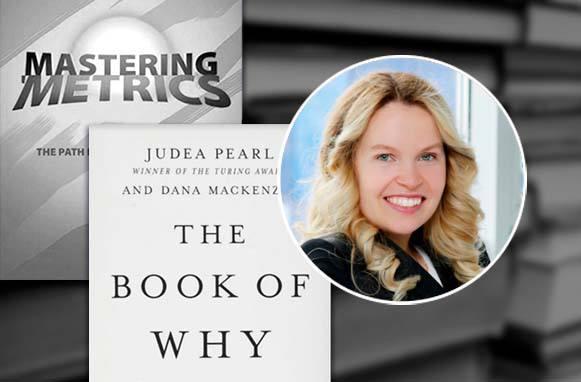
Reading List: Book Recommendations from Olga Kuzmina
Finding the cause of an event without confusing it with a simple correlation is a task that not only economists and scientists have to solve. We often face it in our lives. For example, officials have to deal with it in order to understand whether government spending has helped to solve a particular problem. NES Professor Olga Kuzmina picked books that reveal this fundamental topic in plain and simple language and help find cause-and-effect relationships.

.png)








